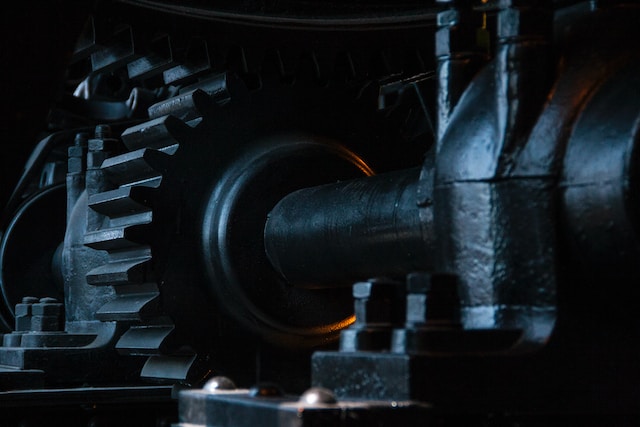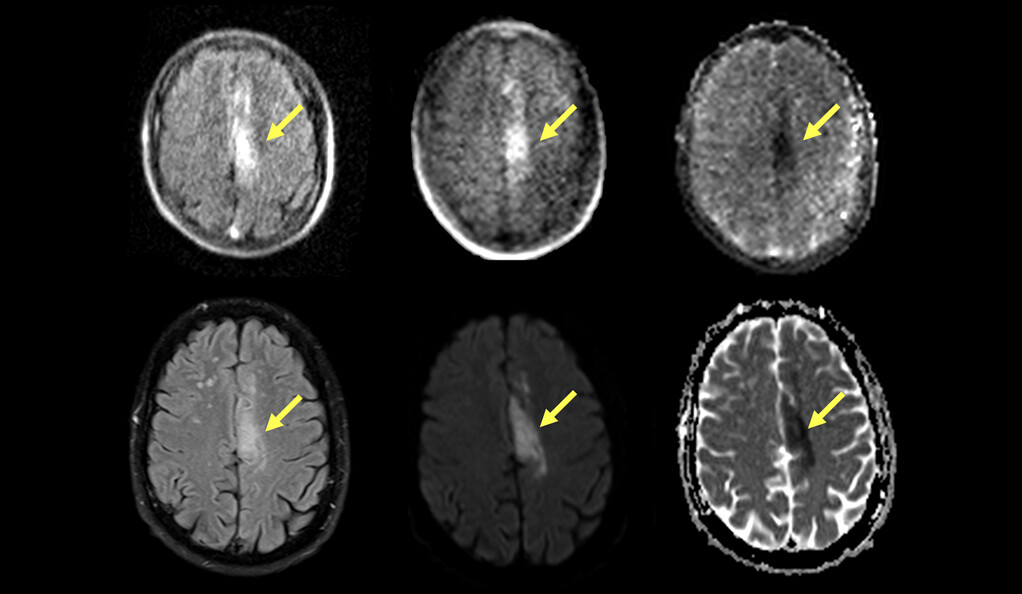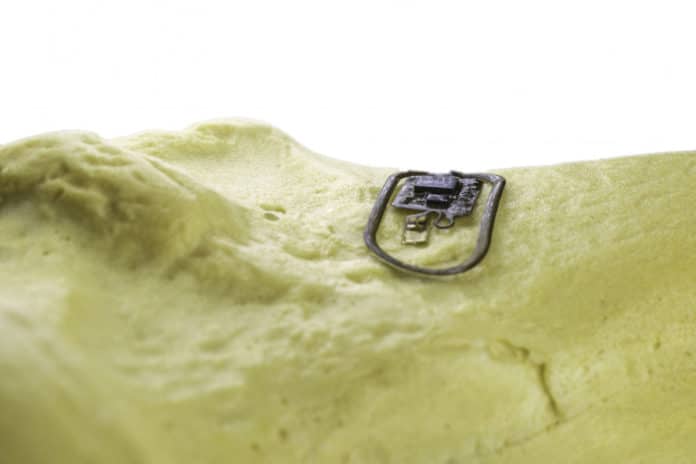Achieving peak performance in industrial settings hinges on one vital factor: temperature control. When machinery overheats, it can lead to a cascade of problems, from diminished accuracy and shorter lifespans to reduced output and increased safety hazards.
The key to enhancing your manufacturing processes lies in the implementation of efficient cooling solutions designed to regulate temperatures effectively. This article will explore key ways industrial machine cooling improves precision, reliability, productivity, and operator safety.
Temperature Control Increases Accuracy and Precision
Industrial machines are engineered to function best within specific temperature ranges. Staying within these ranges minimizes thermal expansion and contraction in machine components. But when temperatures deviate from these optimal levels, it causes dimensional shifts in parts. As a result, this disrupts the precise tolerances necessary for manufacturing.
To address this issue, consider directly integrating industrial chillers from a reputable manufacturer into your production layouts. These chillers will adequately cool your machine parts, preventing dimensional alterations in their parts.
With controlled and constant cooling, your machines will repeatedly produce output to exact specifications without deviations caused by temperature changes.
Thermal Management Increases Machine LifeSpan
Excessive heat gradually wears down machines, causing components to stretch and warp. This added strain reduces their lifespan and makes them more susceptible to breakdowns.
In contrast, maintaining consistent temperatures within the optimal range substantially lowers the risk of failures. Machines are shielded from damaging heat, resulting in longer intervals between repairs, fewer unexpected malfunctions, and overall improved reliability.
The bottom line is that effective cooling directly translates to better machine longevity and dependability. Investing in proper thermal management pays dividends through more uptime and reliability over your machine’s lifespan.
Optimized Cooling Boosts Output Speed and Productivity
Proper cooling allows industrial machines to operate at peak speeds for more extended periods without the risk of overheating or encountering temperature-related errors. Machines often slow down or pause production to avoid damage when they become too hot. This leads to lower overall output and reduced productivity.
However, optimized cooling maintains optimal operating temperatures even at high speeds. The machines can continue producing parts or products at their maximum rated speeds without slowing down due to heat buildup. This enables manufacturers to maximize throughput and productivity over time.
Effective cooling also prevents overheating-related errors that would otherwise force the machine to pause and disrupt the production workflow.
Advanced Cooling Methods Enhance Operator Safety
In addition to performance benefits, proper thermal management also directly improves operator safety in industrial facilities. Overheating machines pose significant risks to workers through potential burns and other heat-related injuries. However, advanced cooling methods help mitigate these hazards.
Regulated temperatures prevent machine components and surfaces from reaching dangerous heat levels. This reduces the risks of accidental burns from contact with equipment. Optimized cooling also minimizes exposure to extreme ambient heat on the production floor caused by overheated machinery.
By implementing active cooling techniques and temperature control, manufacturers can create safer working conditions for machine operators. Proper thermal management is an essential component of a complete safety program for any facility reliant on industrial equipment.
Efficient Cooling Reduces Energy Costs
Properly regulating industrial machine temperatures also provides the benefit of lower energy costs. Less efficient cooling leads to more significant electricity usage as equipment works harder to counteract excessive heat. This drives up operational costs substantially over time.
Optimized thermal management strategies minimize unnecessary energy expenditures. Advanced systems use just enough cooling power to maintain the ideal operating temperature. This prevents overcooling and unnecessary energy usage.
Efficient cooling technology also allows manufacturers to capture and reuse waste heat for other purposes. This reduces the net energy required for heating other plant areas.
Overall, modern cooling methods help curb energy costs and provide an attractive return on investment. The energy savings realized from proper temperature control add to the performance and reliability benefits of improved industrial machine cooling.
Conclusion
Ultimately, machine cooling should not be overlooked as a mere utility but recognized as a core driver of manufacturing success. Optimized thermal management unlocks substantial performance, productivity, safety, and cost benefits for industrial producers. Investing in advanced cooling systems provides tangible dividends across critical metrics and directly enhances manufacturing processes through multifaceted operational improvements. The future competitiveness of manufacturing will rely on thermal optimization strategies to reach the next level of speed, precision, and efficiency.







